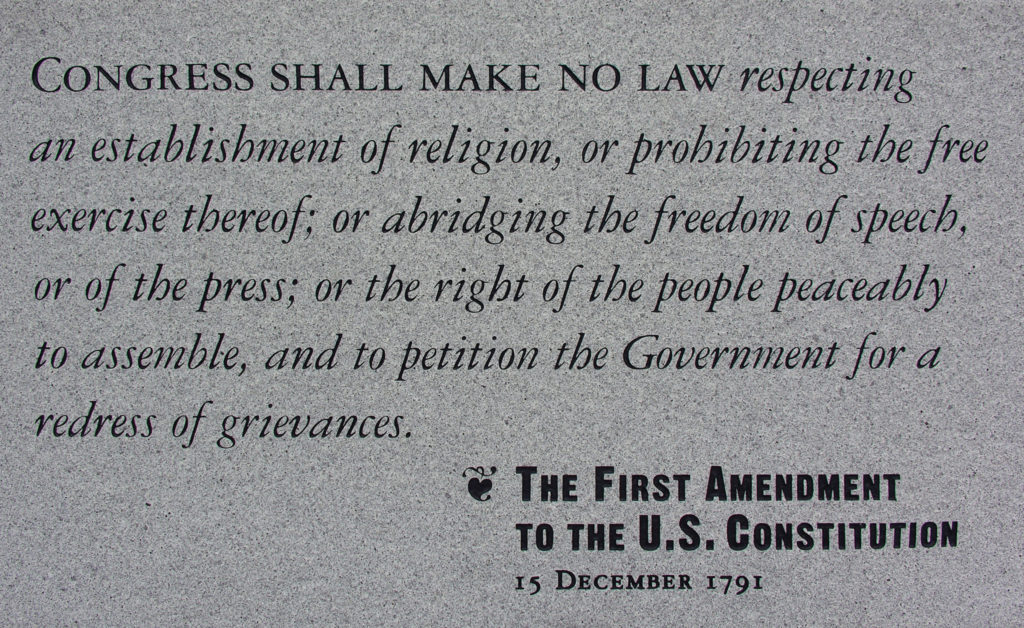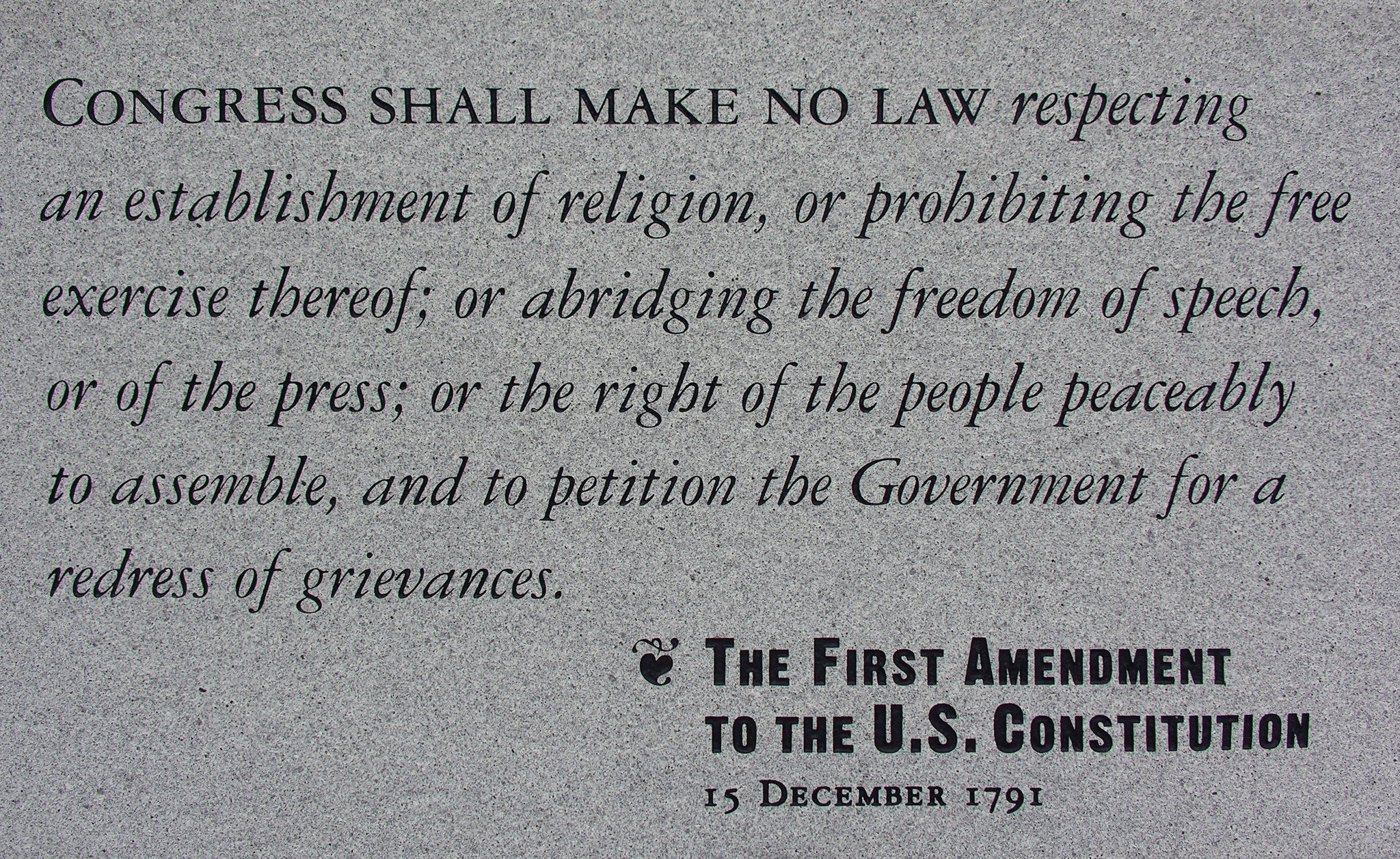Facebook’s Oversight Board decided on May 5 retain the suspension of former President Donald Trump from its social media platforms, which includes Instagram. Facebook, along with Twitter and other social media outlets suspended Trump’s accounts after the Jan. 6 riot in Washington, DC, based on their own assessments of the role his tweets played in inciting the lawlessness.

Trump’s suspension from popular social media platforms have heightened calls by his supporters to regulate what they call “big tech” companies. Perhaps, most vocal on this front has been U.S. Sen. Josh Hawley (R-Missouri), who through several statements, has accused Facebook and Twitter of political censorship. At the state level, the Republican-controlled Florida legislature has moved a bill to Gov. Ron DeSantis’s desk that would make it illegal for social media companies to suspend Florida politicians from their platforms and face daily fines of $250,000 while they are blocked. More specifically, the Florida law would require social media outlets to publish detailed standards for when politicians might be censored.
While the recent bills introduced in the U.S. Senate by Republicans like Hawley, and state efforts by GOP lawmakers in Florida are notably in stark contrast to the deregulatory philosophy that has defined Republican-led media policy since the 1980s; they also raise significant First Amendment issues about corporate speech rights in the political arena.
Most significantly, government regulation that would force private entities to publish expression, especially political speech that it disfavors, completely misrepresents how the First Amendment works. In fact, the First Amendment expressly limits only government power to regulate expression, as it states: “Congress shall make no law . . . abridging the freedom of speech, or of the press.” Nowhere does it say that the government can compel individuals, corporations or private media to transmit certain messages or speakers – particularly in the realm of politics.
Perhaps, the best illustration of the inherent conflicts between established jurisprudence on First Amendment rights and recent endeavors to force social media outlets to carry expression from politicians can be seen in the Supreme Court’s 2010 decision in Citizens United v. Federal Election Commission, which articulated corporate speech rights in the political arena. The case originated when Citizens United, a conservative group challenged an FEC prohibition on its promotion and airing of a film it produced that was critical of Hillary Clinton in the days prior to the 2008 Democratic presidential election primary. Not only did the decision change campaign election law but it also further articulated corporate speech rights.
The Supreme Court said that the First Amendment does not allow Congress to make categorical distinctions based on corporate identity and thus, the government cannot restrain political speech on the basis of a speaker’s identity as a corporation. Consequently, forcing social media companies to carry political speech with which they do not want to associate would be as problematic as compelling humans to do the same.
Chief Justice John Roberts illustrated this point further in a concurring opinion signed by Justice Samuel Alito by analogizing how the First Amendment protects news media (as corporate speakers) reporting on political candidates in a partial way through editorials, opinion and commentary. Justice Antonin Scalia made a similar analogy about newspapers in a separate concurring opinion.
Therefore, if Hawley’s argument is that social media platforms are being politically biased by suspending the accounts of politicians who violated their terms of service — those companies have a First Amendment right to do so; just like news media outlets, such as Fox News, OAN, Newsmax, MSNBC and CNN decide their own programming. No politician, nor person has a right to demand their own program on any of these networks, or an account on a social media platform.
The bill that just passed in the Florida legislature is even more paradoxical in what it proposes, as it demands that social media companies describe the standards by which someone’s account might be suspended. Social media outlets already do this in their terms of service statements, even though they are under no legal obligation to do so. In fact, Section 230 of the federal Communications Decency Act of 1996 gives interactive computer service operators, such as social media outlets broad immunity from user content posted on their networks.
Incidentally, former President Trump wanted to repeal Section 230 of the decency act to make it possible for him to sue social media companies for messages posted by their users. However, if Section 230 were repealed, social media companies would be further engaged in censoring even more inflammatory content and deleting problematic accounts like Trump’s for fear of being held legally accountable themselves for inciteful, libelous and other tortious messages. And that is the real paradox.
Dr. Jeffrey Layne Blevins is Professor & Head of Journalism at the University of Cincinnati and freelance writer of commentary and analysis of media policy issues (@JeffBlevinsPhD).
